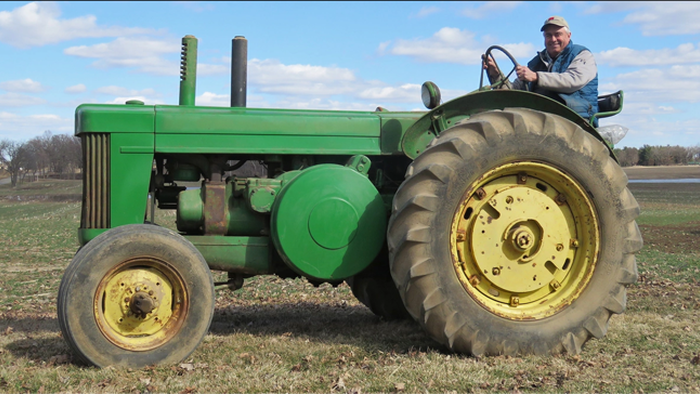John Deere, the Illinois-based agricultural equipment manufacturer, is currently facing significant challenges stemming from a pronounced downturn in the farming sector. As the demand for tractors and combines has sharply declined—largely due to falling crop prices, high borrowing costs, and inflation affecting farmers’ margins—the company is implementing another round of layoffs across multiple facilities in the United States. According to reports from local media, approximately 287 jobs will be cut primarily at the Harvester Works factory in East Moline, Illinois, with a few additional reductions at the Cylinder operations in Moline. In a strategic PR move, the company chose to delay these layoffs until after the holiday season to avoid public backlash, demonstrating sensitivity around the timing of such decisions.
Deere executives clarified that the layoffs are not a result of shifting production elsewhere but rather reflect the deteriorating conditions of the agricultural economy. The company’s statement emphasized that the job cuts are a direct response to the decreased demand for its products, underscoring the critical intersection of economic factors that have impacted farmers’ purchasing decisions. With the agricultural landscape strained by lower crop prices, high interest rates, and persistent inflation, farmers are reconsidering their equipment investments, creating a ripple effect throughout the entire industry. This aligns with a broader economic trend whereby the farm economy is at its weakest in several years, as highlighted by recent indices measuring agricultural sentiment.
The company’s situation was further complicated by recent political developments. In a notable incident, former President Trump publicly admonished John Deere over its potential plans to move manufacturing operations to Mexico, threatening to impose substantial tariffs on the equipment. His comments came during a rally where he expressed strong admiration for Deere while also stating potential punitive measures should they shift production outside of the United States. This potential shift comes against a backdrop of several mass layoffs Deere has already executed over the past year, affecting thousands of workers across various states, including significant job cuts at plants in Iowa and Illinois.
Simultaneously, Deere has grappling with backlash related to its previous diversity, equity, and inclusion (DEI) initiatives. After facing criticism and boycotts predominantly from conservative circles during the past summer, the company has reexamined its approach to DEI strategies. This retreat from advocacy for diversity initiatives included abandoning community engagement efforts such as pride parades and altering the framework of their internal workgroups. The shift is reflective of broader patterns seen across other corporations, including Caterpillar and Ford, which have similarly re-evaluated their DEI policies in response to public sentiment and market pressures.
As of early October, the agricultural outlook continues to worsen, marked by the Purdue University-CME Group Ag Economy Barometer indicating a significant decline in farmer sentiment. This decline marks one of the lowest points for farmer outlook since 2016 when the industry was similarly engulfed in economic distress. Economic forecasters from the University of Missouri predict a stark 35% decrease in farm income for the upcoming year, which compounds the already strained financial conditions faced by farmers. Despite this bleak forecast, experts noted that income levels would still surpass those recorded during 2015 to 2020; nevertheless, the anticipated drop represents a substantial challenge for many farmers navigating higher input costs while attempting to maintain profitability.
In this complex landscape, the prospects for farmers, and by extension, companies like Deere, remain precarious. Farmers are expected to adopt extremely strategic marketing techniques to sustain cash flow amidst their forthcoming financial pressures. The potential shift in administration highlighted by Trump’s expressed desire to support American farmers also indicates that political dynamics could and likely will play a substantial role in shaping the agricultural economy. Overall, the entwined fates of Deere, the wider agricultural sector, and political influences underscore the multifaceted challenges being faced by both manufacturers and the farmers they serve.

